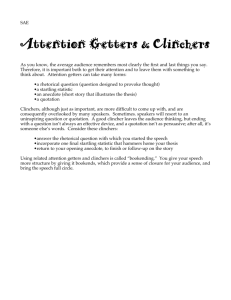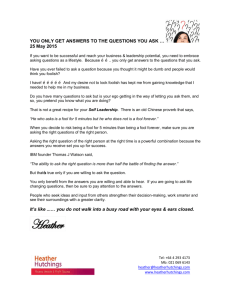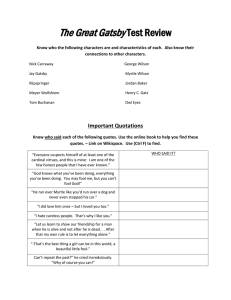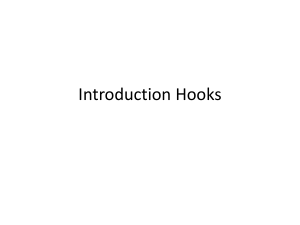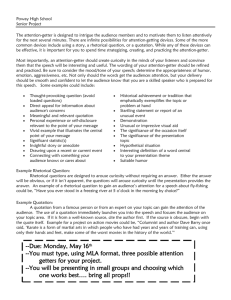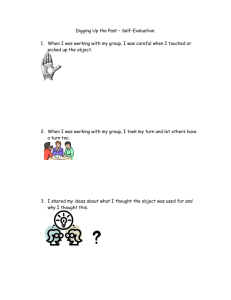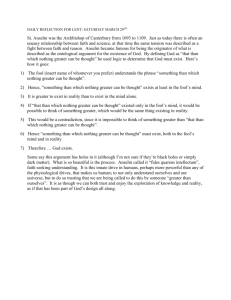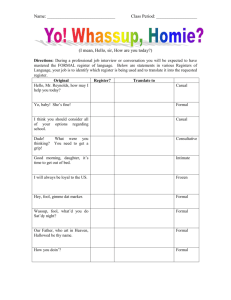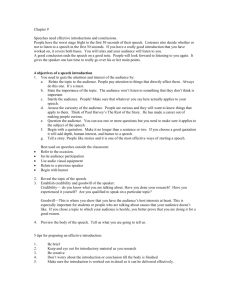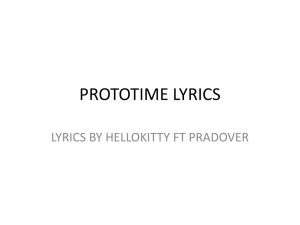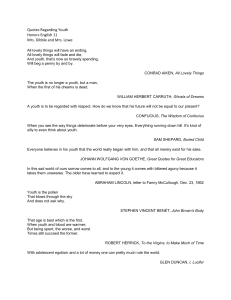Types of Attention Getters for Public Speaking
advertisement
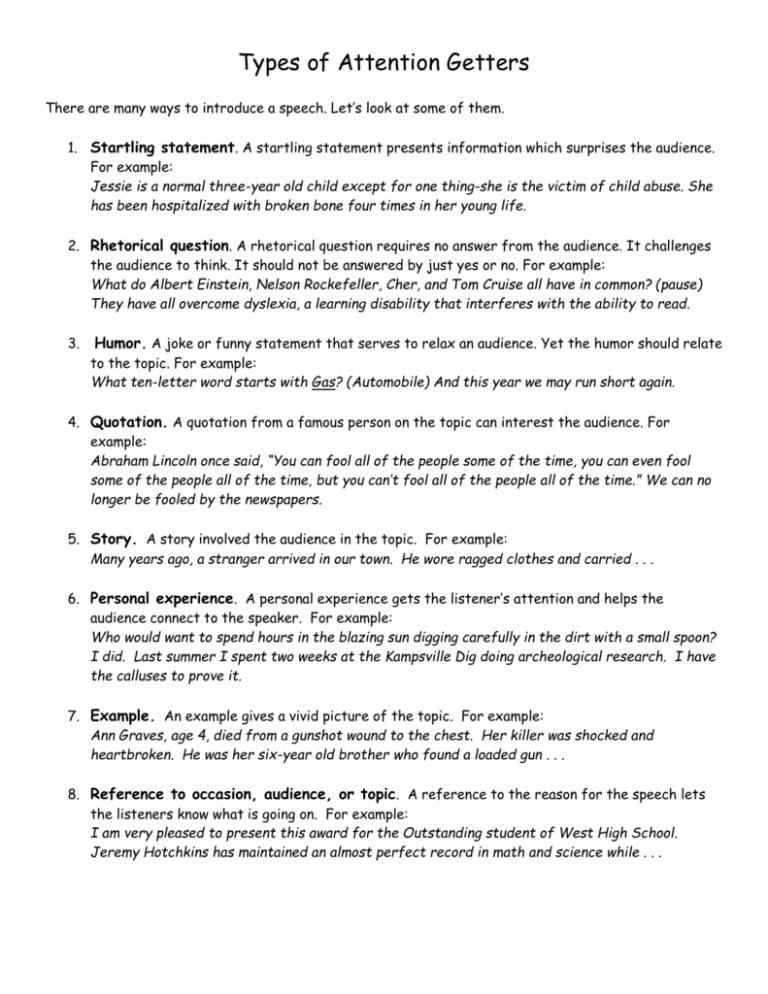
Types of Attention Getters There are many ways to introduce a speech. Let’s look at some of them. 1. Startling statement. A startling statement presents information which surprises the audience. For example: Jessie is a normal three-year old child except for one thing-she is the victim of child abuse. She has been hospitalized with broken bone four times in her young life. 2. Rhetorical question. A rhetorical question requires no answer from the audience. It challenges the audience to think. It should not be answered by just yes or no. For example: What do Albert Einstein, Nelson Rockefeller, Cher, and Tom Cruise all have in common? (pause) They have all overcome dyslexia, a learning disability that interferes with the ability to read. 3. Humor. A joke or funny statement that serves to relax an audience. Yet the humor should relate to the topic. For example: What ten-letter word starts with Gas? (Automobile) And this year we may run short again. 4. Quotation. A quotation from a famous person on the topic can interest the audience. For example: Abraham Lincoln once said, “You can fool all of the people some of the time, you can even fool some of the people all of the time, but you can’t fool all of the people all of the time.” We can no longer be fooled by the newspapers. 5. Story. A story involved the audience in the topic. For example: Many years ago, a stranger arrived in our town. He wore ragged clothes and carried . . . 6. Personal experience. A personal experience gets the listener’s attention and helps the audience connect to the speaker. For example: Who would want to spend hours in the blazing sun digging carefully in the dirt with a small spoon? I did. Last summer I spent two weeks at the Kampsville Dig doing archeological research. I have the calluses to prove it. 7. Example. An example gives a vivid picture of the topic. For example: Ann Graves, age 4, died from a gunshot wound to the chest. Her killer was shocked and heartbroken. He was her six-year old brother who found a loaded gun . . . 8. Reference to occasion, audience, or topic. A reference to the reason for the speech lets the listeners know what is going on. For example: I am very pleased to present this award for the Outstanding student of West High School. Jeremy Hotchkins has maintained an almost perfect record in math and science while . . .
